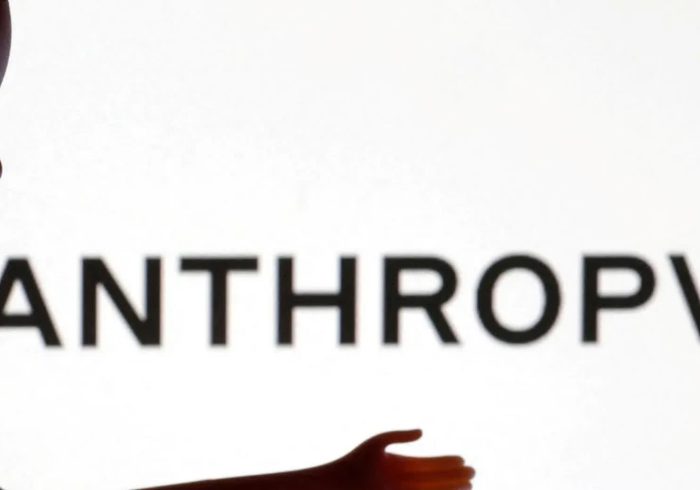Many psychologists and psychiatrists have shared the imaginative and prescient, noting that fewer than half of individuals with a psychological dysfunction obtain remedy, and those that do may get solely 45 minutes per week. Researchers have tried to construct tech in order that extra folks can entry remedy, however they’ve been held again by two issues.
One, a remedy bot that claims the flawed factor might lead to actual hurt. That’s why many researchers have constructed bots utilizing specific programming: The software program pulls from a finite financial institution of authorised responses (as was the case with Eliza, a mock-psychotherapist pc program constructed within the Nineteen Sixties). However this makes them much less participating to talk with, and other people lose curiosity. The second challenge is that the hallmarks of fine therapeutic relationships—shared objectives and collaboration—are onerous to duplicate in software program.
In 2019, as early giant language fashions like OpenAI’s GPT had been taking form, the researchers at Dartmouth thought generative AI may assist overcome these hurdles. They set about constructing an AI mannequin educated to provide evidence-based responses. They first tried constructing it from basic mental-health conversations pulled from web boards. Then they turned to 1000’s of hours of transcripts of actual classes with psychotherapists.
“We received plenty of ‘hmm-hmms,’ ‘go ons,’ after which ‘Your issues stem out of your relationship together with your mom,’” stated Michael Heinz, a analysis psychiatrist at Dartmouth Faculty and Dartmouth Well being and first creator of the examine, in an interview. “Actually tropes of what psychotherapy can be, fairly than really what we’d need.”
Dissatisfied, they set to work assembling their very own customized knowledge units based mostly on evidence-based practices, which is what finally went into the mannequin. Many AI remedy bots available on the market, in distinction, could be simply slight variations of basis fashions like Meta’s Llama, educated totally on web conversations. That poses an issue, particularly for matters like disordered consuming.
“For those who had been to say that you just need to shed extra pounds,” Heinz says, “they may readily assist you in doing that, even when you’ll usually have a low weight to start out with.” A human therapist wouldn’t do this.
To check the bot, the researchers ran an eight-week medical trial with 210 contributors who had signs of melancholy or generalized anxiousness dysfunction or had been at excessive danger for consuming problems. About half had entry to Therabot, and a management group didn’t. Members responded to prompts from the AI and initiated conversations, averaging about 10 messages per day.
Members with melancholy skilled a 51% discount in signs, the perfect consequence within the examine. These with anxiousness skilled a 31% discount, and people in danger for consuming problems noticed a 19% discount in considerations about physique picture and weight. These measurements are based mostly on self-reporting by way of surveys, a technique that’s not good however stays among the finest instruments researchers have.



